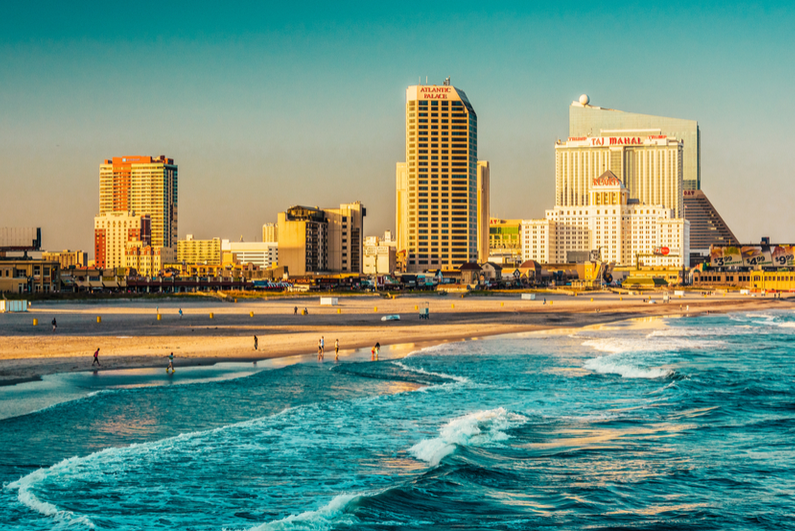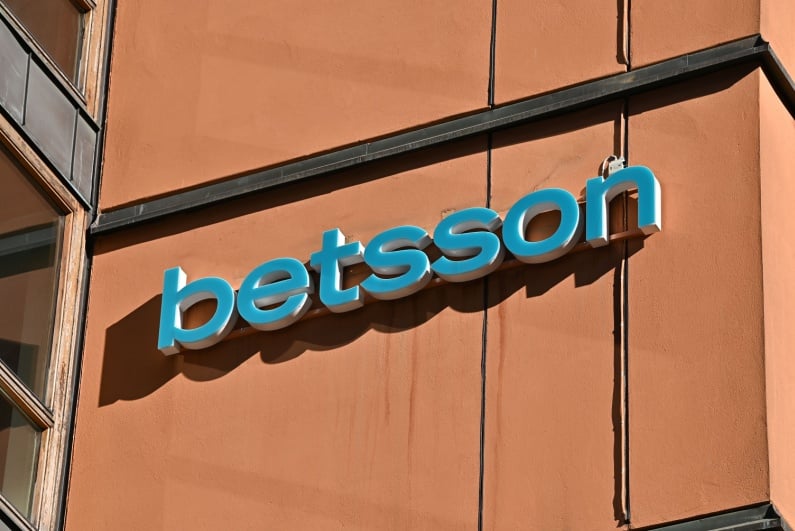Recent struggles of Atlantic City
Atlantic City has long been a hub for casino gambling on the east coast of the United States. Casinos were legalized in 1976 and the first Atlantic City casino opened in 1978. The goal was to improve the fortunes of a city that was struggling financially.
Following legalization, there was a steady increase in the fortunes of the city for almost two decades. However, competition began to increase in the 1990s.
Las Vegas underwent a significant renovation and redevelopment process that made it indisputably the leading location in the country for casino gambling. Many other states in the country also began to legalize casinos, including nearby Connecticut, where two casinos open.
Many redevelopment plans were developed for Atlantic City during the early 2000s. However, these ultimately were not successful. While the goal was to create mega-casinos such as those in Las Vegas, that idea did not work.
The global recession put an end to all of those plans, with many of the mega-casinos still in the planning stages or just beginning development when they were shut down.
Many of the casinos in the city were facing devastation because of the recession. Casino revenues fell by almost 50% in these years, as people did not have the disposable income to go on vacation or spend money on gambling.
This decline was constant for many years. For example, casino revenues were only $2.9b (£2.2b) in 2013, way down from $5.2bn (£4.0bn) in 2006.
The state of New Jersey was struggling as a result of declining tax revenues. In 2017, there were just seven casinos operating in the city. Since then, two more have opened their doors.
Any glimmers of hope?
There are some positive signs for the casinos in Atlantic City. The legalization of sports betting in New Jersey gives them a new source of revenue. Sportsbooks will attract a more casual type of gambler. Many are likely to start gambling at regular casino table games and slots.
Online gambling is also an area that a lot of casinos in the city are targeting to increase their bottom line. More than 80% of the sports bets placed in the state are through mobile sportsbooks.
New rivals emerging
For more than 40 years, Atlantic City had a monopoly on physical casinos in New Jersey. However, some developers are looking at potential sites for casinos outside of Atlantic City.
In the run-up to the great recession, there was a large amount of regional competition. Five of the twelve casinos in Atlantic City were forced to close in the intervening years. Two of them re-opened in summer 2018, a major sign that the market was taking off once more. Experts believe that the current nine casinos in operation really is the ideal maximum.
According to one expert, any increase in competition could lead to a complete reversal in the casino’s fortunes and cause another significant downturn for the industry.
Some lawmakers wanted to end the Atlantic City monopoly in 2016. However, voters in the state comprehensively rejected the idea through a referendum. The question on the ballot was whether voters supported developing one or two casino resorts in North Jersey.
Several notable companies wanted to take part in such a project if it was approved, including Reebok founder Paul Fireman and Hard Rock International. However, about 80% of voters were against the idea.
These casinos also would be facing a lot of competition from potential new casinos in New York City. Therefore, it looks like the physical casino monopoly Atlantic City holds will be okay for now.




